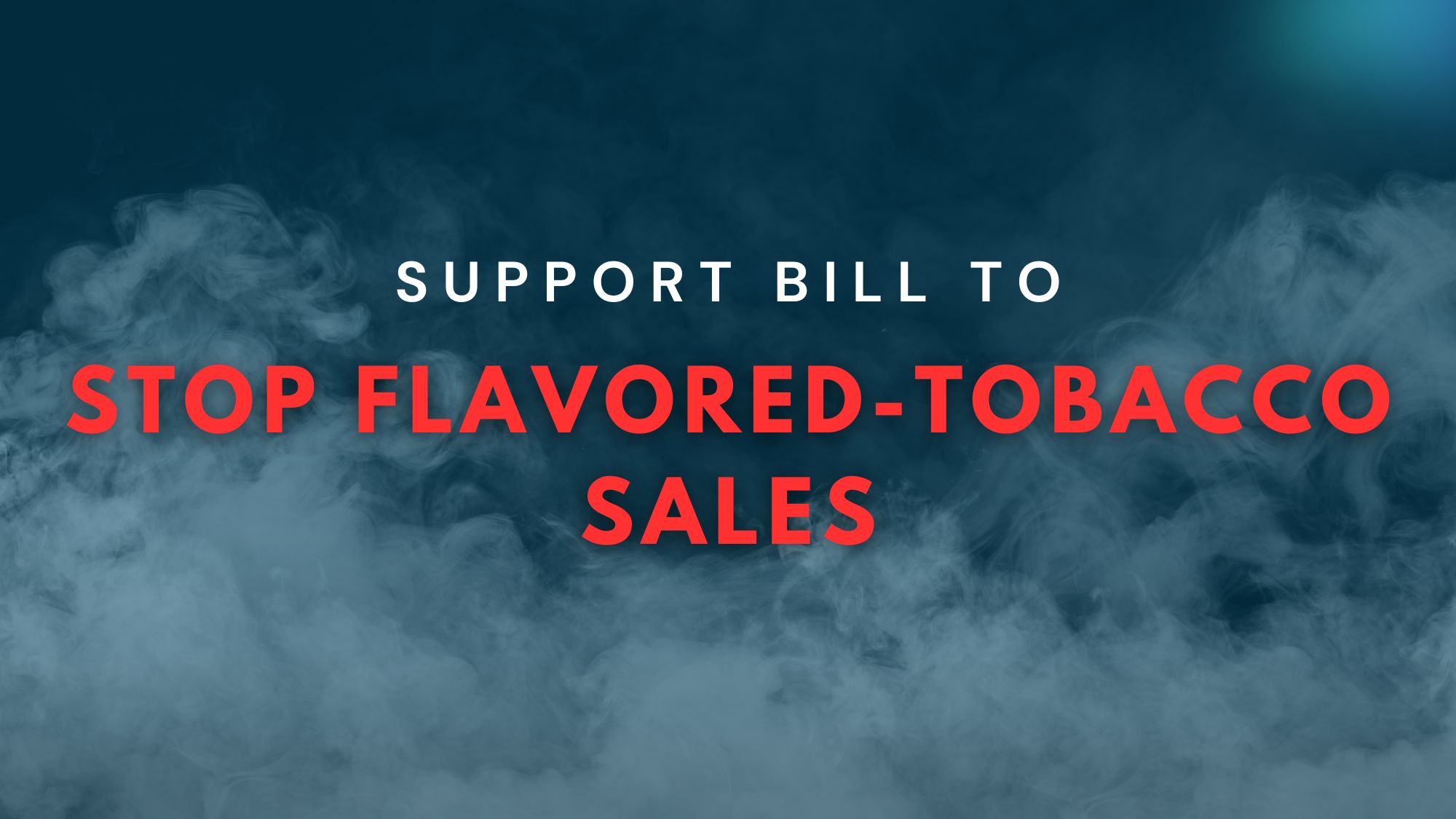‘As educators, we see vaping’s harmful effects firsthand, and we know our keiki are hurting.’
Posted: October 17, 2023
The following piece was published in the Honolulu Star-Advertiser, in the Island Voices editorial section, on Tuesday, Oct. 17:
As a Hawaii public school educator for 55 years, I fully support legislation that protects the health and future of our keiki by banning flavored tobacco products. For too long, tobacco companies have been preying on our youth by masking harmful, addictive products in enticing fruit and candy flavors. Their goal is simple: attract young, new users, get them hooked for life, and reap the profits.
Sadly, they’re succeeding. Tobacco use remains a persistent and deeply concerning public health challenge in Hawaii with younger users. Addiction is on the rise among our youth through vaping, which has gone largely unregulated. In 2019, 30% of Hawaii high school students and 18% of middle school students reported e-cigarette usage, according to the 2022 National Youth Tobacco Survey. Teachers across the state report increasing incidents of student vaping at intermediate, middle and even elementary schools.
As educators, we see vaping’s harmful effects firsthand, and we know our keiki are hurting. Students who are addicted to vaping become agitated and uncontrollable without their fix. They yell, swear and lash out in the middle of class. They frequent the restroom to share vaping devices. They’re on the verge of failing because they can no longer focus.
Tracking down the devices that fuel these behaviors is a nightmare, and policing near impossible. What can we say when students produce cheap body sprays or hand sanitizer to explain their syrupy sweet scents? How can we argue when students constantly request to use the restroom? How can we catch devices that are deliberately designed to resemble school supplies, like flash drives and markers, easily concealed in backpacks and pockets and under long sleeves?
We do what we can with what we have. The devices we find are confiscated. The student in question faces consequences. But constant monitoring detracts from teaching, and punishments and suspensions detract from learning. It’s painfully clear that what we’re doing isn’t working. Students and schools suffer deep consequences while nothing holds the true perpetrators accountable.
Lawmakers have the power to change that.
I, and countless educators across the state, applaud the Honolulu City Council’s recent passage of Bill 46 prohibiting the sale of flavored tobacco products. We urge Honolulu Mayor Rick Blangiardi to sign this critical legislation into law.
While the act will not result in immediate changes — state law currently supersedes county law on the sales of cigarettes, tobacco products and electronic smoking devices — it puts a ban in place should this change.
We encourage all counties to follow suit and send a strong message to decision-makers at the state Capitol: strengthen state legislation on tobacco products, or allow county governments to close these regulatory gaps and stop the bleeding at its source.
It takes a village to protect our children from the dangerous, potentially deadly, addictive forces that target them. And as a village, we must act now or else these youth will soon become adults saddled with long-term addiction and chronic health issues, unable to focus or function or build a better world.
Schools cannot fight this battle alone. We must work together, and with unwavering resolve, to protect our keiki and ensure the support and success of our future generations.

Written by Laverne Moore, a teacher at McKinley High School and longtime Hawaiʻi State Teachers Association leader.

